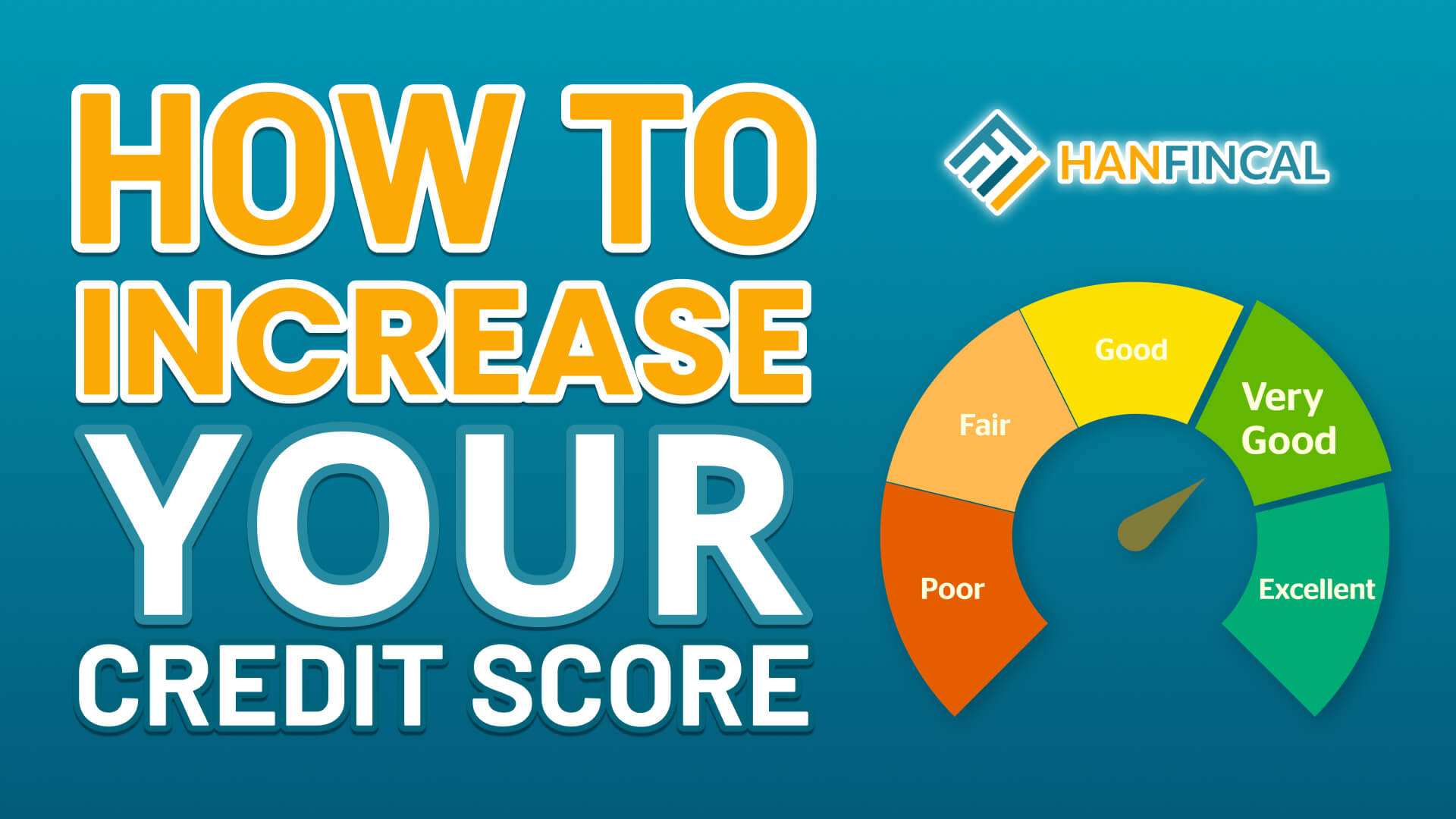Credit cards vs charge cards: What’s the difference? Although credit cards and charge cards function similarly, there are a few key differences. This article is for you if you have the same concern as Hanfincal about the question mentioned above. Keep reading and explore the truth.
1. What is a charge card?
A charge card is a kind of electronic payment card that does not charge interest but requires you to pay the statement balance in full every month. Charge cards have no pre-set spending limit, but this does not imply that you can spend as much as you want. A variety of factors are considered when approving your purchases. We’ll be able to adjust how much you can spend on your card as we get to know you.
There is zero interest rate or minimum payment on charge card balances because they must be paid in full by the due date. Late fees and other penalties may apply if the bill is not paid on time, depending on the card agreement.
2. How does a charge card work?
Charge cards allow unlimited spending and do not charge interest; however, they must be paid in full each month, limiting their use. Missed payments are reported to credit bureaus, which can significantly impact a borrower’s credit score. This can make it more adaptable, as it provides access to the purchasing power you require, even if that amount varies greatly from month to month.
Charge cards are popular due to the rewards and benefits of every purchase. Cardholders can earn points and even statement credits for their purchases, with many cards offering double or triple points on travel and dining expenses. Card issuers expose cardholders to a wide range of standard items, luxury brands, and travel deals that can be purchased with charge card points.
Because they have no predetermined spending limit, charge cards can be an excellent option for those looking to make large purchases. Cardholders must maintain a good credit history to earn the privilege, as credit issuers will keep a close eye on any excessive spending.

How does a charge card work?
3. Credit cards vs charge cards: What are the key differences?
What is the primary difference between credit and charge cards? Charge cards need you to pay the total balance at the end of every billing cycle, whereas credit cards require you to make monthly minimum payments over several months.
3.1. Credit score required
The credit score requirements are the first distinction between a credit card and a charge card. Even if you have a bad or poor credit score, you can get a credit card. However, only good-to-excellent credit is required for a charge card.
3.2. Credit utilization
When you get a credit card, you’ll be given a credit limit, the maximum amount you can spend. The card may be declined if you reach your credit limit. Some credit card companies allow you to opt-in to spend more than that credit limit, but you will be charged an over-limit fee each time you do. Approaching the card’s limit will almost certainly hurt your score.
Although there is no set spending limit on a charge card, this does not mean that your spending power is limitless. Instead, the limit is dynamic and changes based on the customer’s perceived spending capacity. Your purchasing power may fluctuate depending on your payment history, credit, income, debts, and other risk factors determined by the issuer.
3.3. Fees
By making a minimum payment on your credit card balance, you can avoid late payment fees. You are charged late payment fees if you do not pay your charge card bill in full.
Unlike credit cards, which allow you to keep your balance from month to month, charge cards are typically required to be paid in full each month. If you hold a balance on a charge card, you may be charged a late fee, just like with a credit card. In addition, if there are too many late fees, the account may be suspended or closed. Your credit scores may also suffer as a result of this.
Many credit cards have an annual fee. While some charge cards waive the fee the first year, it’s good to keep this additional cost in mind when shopping for a credit card. Keep in mind that some credit cards may have annual fees.
3.4. Options
Have you learned about the differences in options to choose between a charge account vs. credit card? If you answered yes, you are likely already aware of the current situation. While there are hundreds of credit cards to choose from, each with its own set of benefits and drawbacks, the options for charge cards are limited. This is due to the high credit score requirements for charge cards, which means that the options are limited, but it is also challenging to apply for a charge card.
3.5. Payments
You can make a minimum payment and “revolve” the remaining balance to the following month with credit cards. This can make budgeting easier, but you’ll usually have to pay interest on the portion of the balance that hasn’t been paid.
When you use a charge card, you must pay the balance in full at the end of each month. In some cases, this is still a good thing because it forces you to review your spending and avoid charging more than your means to pay off.
3.6. Rewards and perks
Charge cards may come with rewards. They could be in the form of cash back, rewards points, or travel miles, depending on the card.
4. How do charge cards affect your credit score?
Whether you use a credit card or charge card, your payment history is reported to the three credit bureaus—Equifax, Experian, and TransUnion. With charge cards, responsible habits can lead to a higher credit score, but the impact isn’t the same as with a traditional credit card.
Charge cards will count toward certain credit score factors, such as payment history and length or depth of credit history. Charge cards can be a habit builder for an excellent credit score if you use them as intended and pay off your balance each month.
In practice, charge card balances may not be as important in credit score calculations. As a responsible charge card user, you could benefit from the credit score benefits of making on-time payments while avoiding the disadvantages of having a balance added to your credit report.

How do charge cards affect your credit score?
Have you figured out the distinction between credit cards vs. charge cards? Hanfincal hopes you can make an informed decision and capitalize on the benefits of each to improve your credit.
==> Read More:




